A Brief History Of Whistleblowing And If It’s Worth Becoming One!
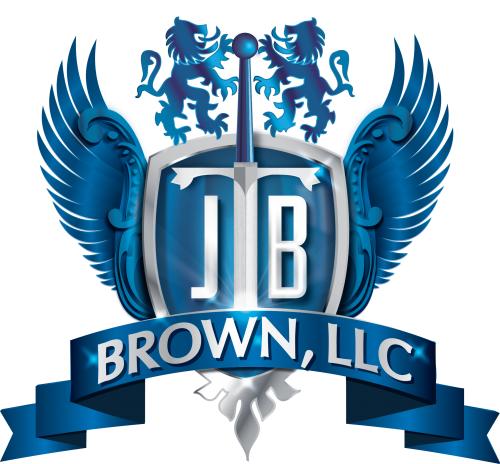 In the battle of reliability and transparency, whistleblowers have long been playing an important role. Progressively, media outlets, policymakers, and many other forms of civil society organizations acknowledge the value provided by the whistleblowers and the dire need of protecting them. Regrettably, despite adding it to the efforts in the jurisdictions, whistleblowers are still in fear of retaliation and are anxious about whether or not their concerns are really addressed.
In the battle of reliability and transparency, whistleblowers have long been playing an important role. Progressively, media outlets, policymakers, and many other forms of civil society organizations acknowledge the value provided by the whistleblowers and the dire need of protecting them. Regrettably, despite adding it to the efforts in the jurisdictions, whistleblowers are still in fear of retaliation and are anxious about whether or not their concerns are really addressed.What is a whistleblower?
The term ‘whistleblowing’ although is commonly used, there’s no universal definition of ‘whistleblower.’ A whistleblower usually is believed to be an individual working for a company or institution who exposed valuable information that they believe to be a strong evidence that might unethical, illegal, or lead to damaging others. Any individual who comes forward with major institutionalized misconduct must be protected under the whistleblowing laws and their discovery properly evaluated and probed.
What is the difference between a leaker and a whistleblower who decides to go public?
A leak is an exposé of serious information, typically anonymously, without any official approval, usually made by an employee to make the information public for a number of reasons. When uncredited leaks and anonymous divulgence raise questions as to the person’s motivation – whether it’s spiteful or to gain a political or personal advantage – it’s as well a major protective measure. The only way to address the claim sensibly is to first concentrate on the message, not the messenger.
Is whistleblowing a legal act?
Protection laws for whistleblowers have advanced globally in the past decade, as more countries today recognize the role a whistleblower can play in mitigating corruption and refining integrity. There are today, more than 30 nations with devoted whistleblower laws.
What kinds of protections are currently effective for whistleblowers?
The limitations of who must receive protection often vary depending upon the organizations involved, and the nation’s legal system. In addition to this, the organizational determination to protect whistleblowing is affected by the political surroundings as well as cultural standpoint on the value of a whistleblower. Usually, however, a majority of this depends upon the jurisdiction of the whistleblower. In the United States, for instance, federal whistleblower protection laws have been in effect since 1978, and in the year 2010, all organizations listed on the U.S. Stock Exchange became subject to the rules allowing awards for anonymous revelations and preventing whistleblower retaliation under the Dodd-Frank Act.
Have whistleblowers been ever retaliated against?
The shortest answer to this is ‘yes.’ As soon as their identities were made known in public, whistleblowers have faced isolation and serious harassment at work. So, any individual trying to reveal the whistleblower’s identity or employer firing an employee because they exposed their long-established institutionalized misconduct to the federal or state authorities could face jail sentences.
For example, the Luxleaks whistleblower, known as Antoine Deltour, was prosecuted in Luxembourg, facing both fine of €1,250,000 and five years in jail. He was then acquitted of all charges after a long six-year court battle – this is something beyond many whistleblowers’ resources. The Spanish whistleblower, known as Ana Garrida Ramos, although, exposed to corruption at the highest levels of government in Spain, even faced a spiteful harassment campaign.
Has whistleblowing ever accomplished anything good?
The vast majority of whistleblowers choose not to go public because of the potential harassment. They are usually concerned about the regulatory or law enforcement authorities. Hence, while the institutionalized misconduct attracts public attention, the involvement of whistleblowers remains concealed. For instance, a nurse in the United Kingdom blew the whistle on the wrongful treatment of patients with learning difficulties, which eventually resulted in an undercover documentary that revealed the extent of abuse, and finally, imprisonment of the wrongdoers.
If you have been holding any serious information such as abuse of Medicare/Medicaid laws or SEC, connect with us at Brown, LLC on (877) 561-0000.
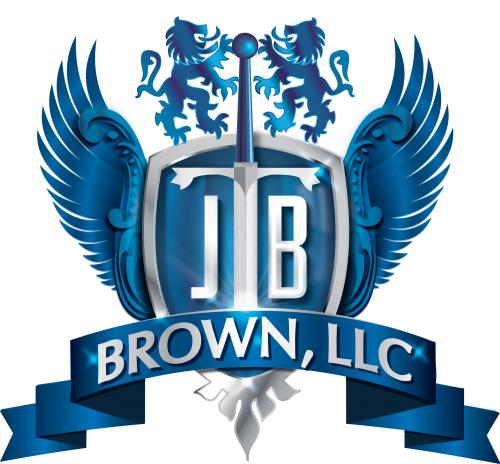

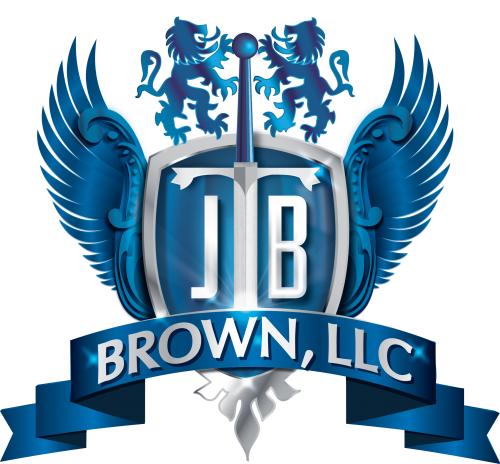
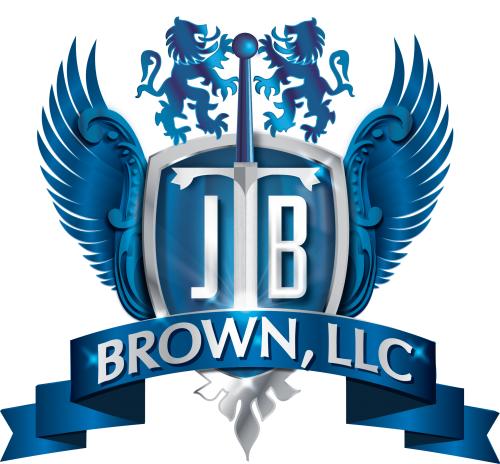
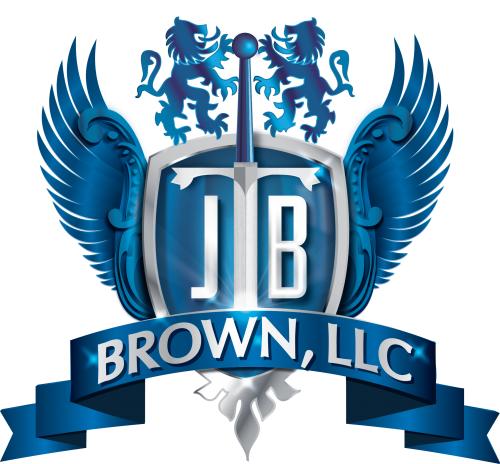
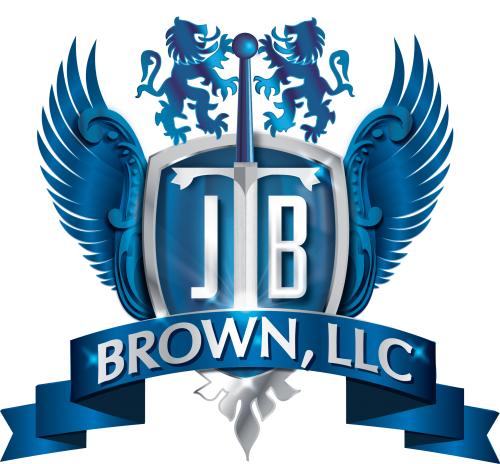
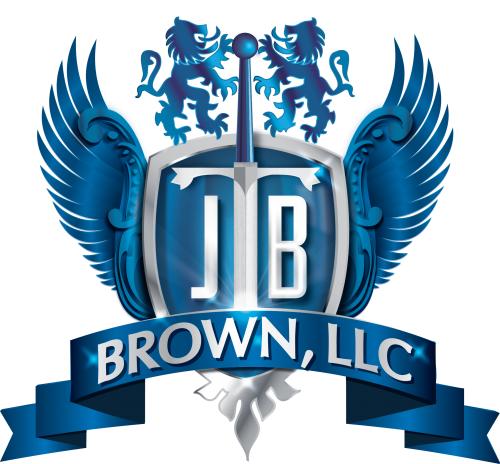
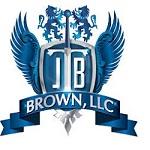
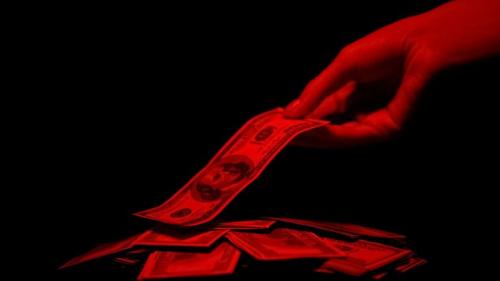
Comments